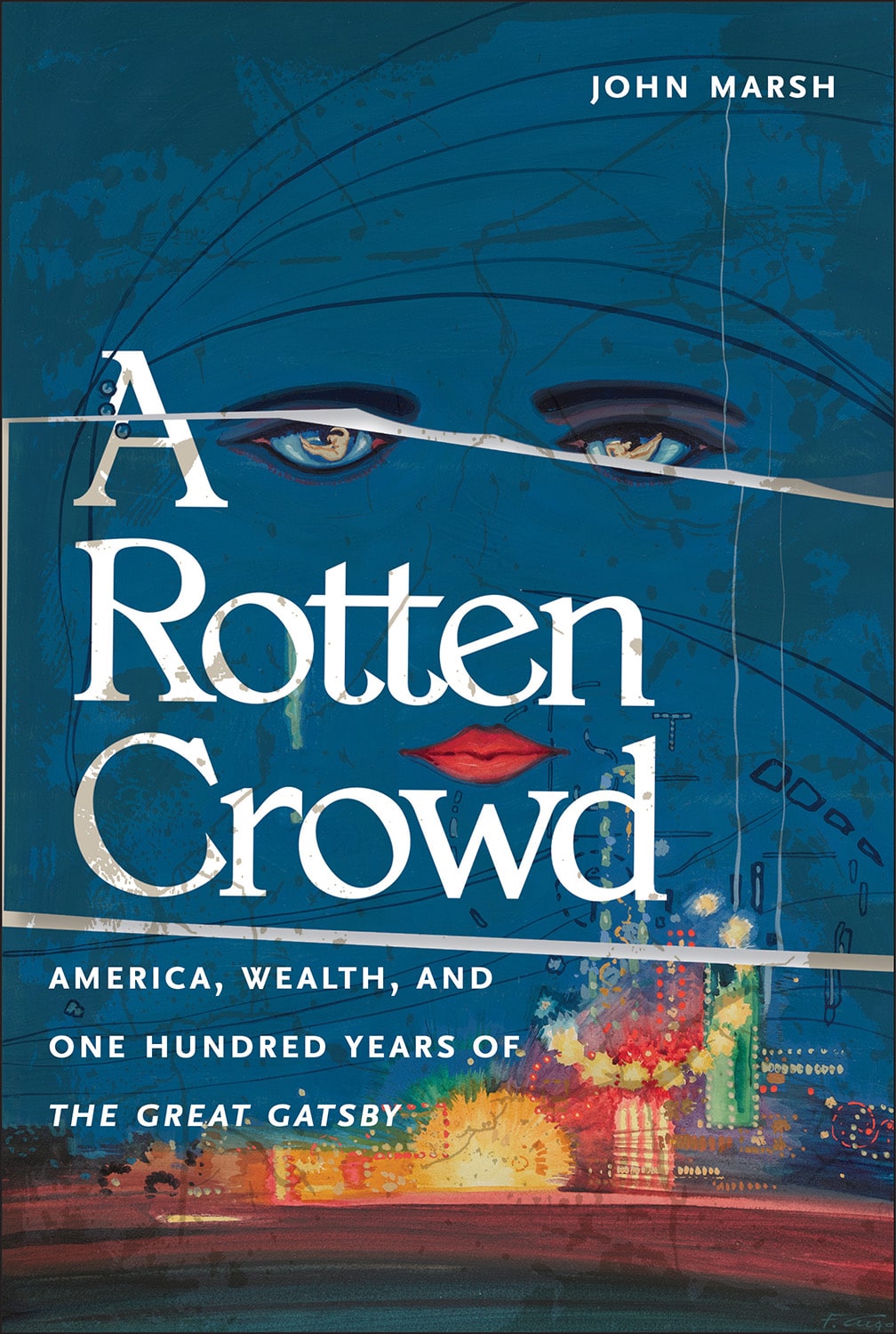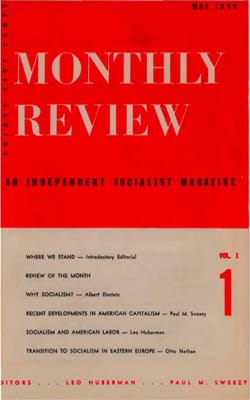A Rotten Crowd: America, Wealth, and One-Hundred Years of The Great Gatsby
$19.95
One century ago, F. Scott Fitzgerald invited us into the lives of the “rotten crowd,” Jazz Age Americans with far more money than morals. In “A Rotten Crowd”: America, Wealth, and One Hundred Years of The Great Gatsby, John Marsh welcomes us back to Fitzgerald’s world to examine the rich and their reckless approach to human relationships, their poor taste in friends, and the harm they cause. Marsh leads us to wonder: What kinds of waste—economic, environmental, emotional—accompany a culture of wealth? What kinds of relationships do the wealthy form with those they rely upon to maintain their power—and how does capitalism and the need for the accumulation of wealth influence the bonds the rest of us form? On a surface level, how do the clothes people wear signal their status—and how do those fashions trickle down to the rest of us? And on a deeper level, how does racism drive a wedge between those who might otherwise stand up to the rich? As we move between 2025 and 1925 to consider how much—or little—has changed in the interim, “A Rotten Crowd” helps us discover what we can do about the obscene concentration of wealth in America today.
Praise for A Rotten Crowd
Exploring four thematic motifs––clothes, waste, bonds, and race––in The Great Gatsby, John Marsh not only provides insightful and original readings of Fitzgerald’s iconic text but also, amassing an impressive array of statistical data and impressive historical research, shows convincingly how a novel written a century ago resonates importantly in today’s culture in which so much wealth is concentrated in so few and in which that inequity affects all aspects of our lives.
—Jackson R. Bryer, co-founder and President, F. Scott Fitzgerald Society, Jackson
John Marsh has provided us with a cogent, informed, and quite personal reading of The Great Gatsby. He has much new to say about the novel. His engagement with Fitzgerald from a left point-of-view demonstrates the remarkable adaptability and relevance of this novel to our own times, and to the current condition of our country.
—James L. W. West III, General Editor Emeritus, Cambridge Fitzgerald Edition
John Marsh is professor of English at Penn State University. He is the author of two previous books: Class Dismissed: Why We Cannot Teach or Learn Our Way out of Inequality and Hog Butchers, Beggars, and Busboys: Poverty, Labor, and the Making of Modern American Poetry. Marsh is also the editor of You Work Tomorrow: An Anthology of American Labor Poetry, 1929-1941. He lives in State College, Pennsylvania, with his wife and daughter.
Publication Date: 11/13/2024
Number of Pages: 136
Paperback ISBN: 978-1-68590-083-0
Cloth ISBN: ----
eBook ISBN: 978-1-68590-084-7
Related products
-
Monthly Review Volume 2, Number 10 (February 1951) [PDF]
$10.00 Add to cart -
Monthly Review Volume 2, Number 8 (December 1950) [PDF]
$10.00 Add to cart -
Monthly Review Volume 2, Number 6 (October 1950) [PDF]
$10.00 Add to cart -
Monthly Review Volume 1, Number 10 (February 1950) [PDF]
$10.00 Add to cart -
Monthly Review Volume 1, Number 4 (August 1949) [PDF]
$10.00 Add to cart -
Monthly Review Volume 1, Number 1 (May 1949) [PDF]
$10.00 Add to cart

 [PDF].jpg)
 [PDF].jpg)
 [PDF].jpg)
 [PDF].jpg)
 [PDF].jpg)
